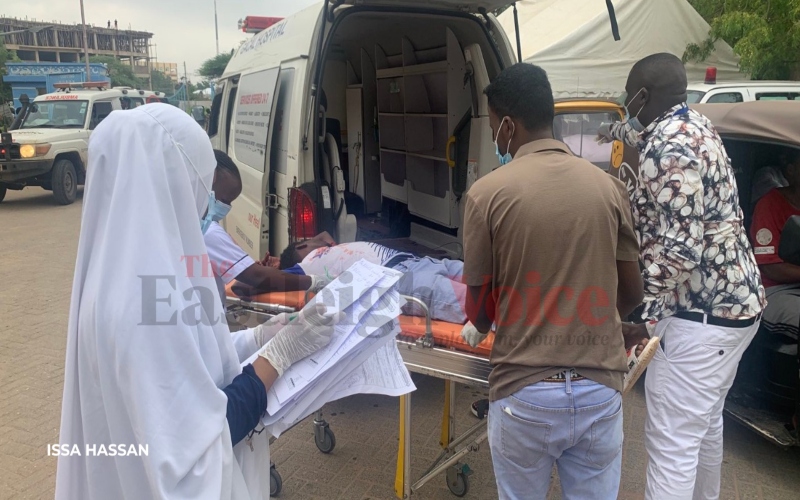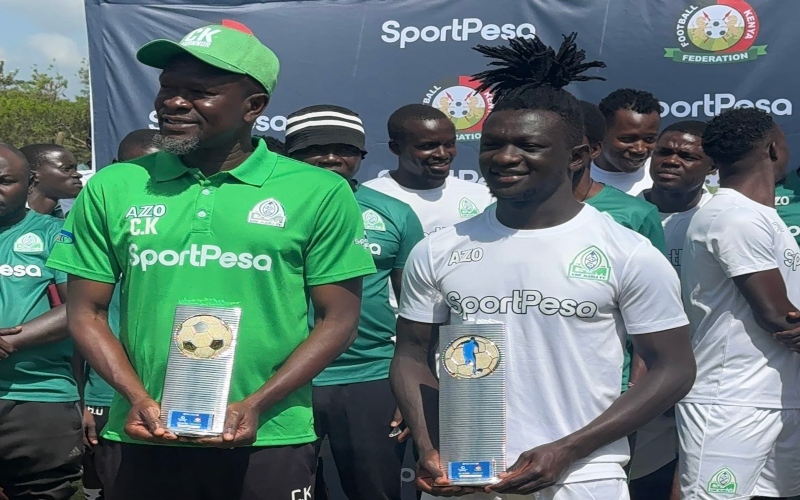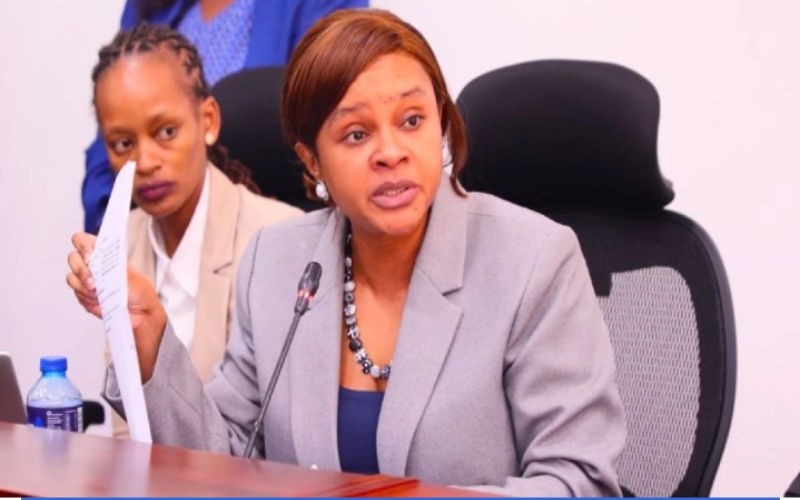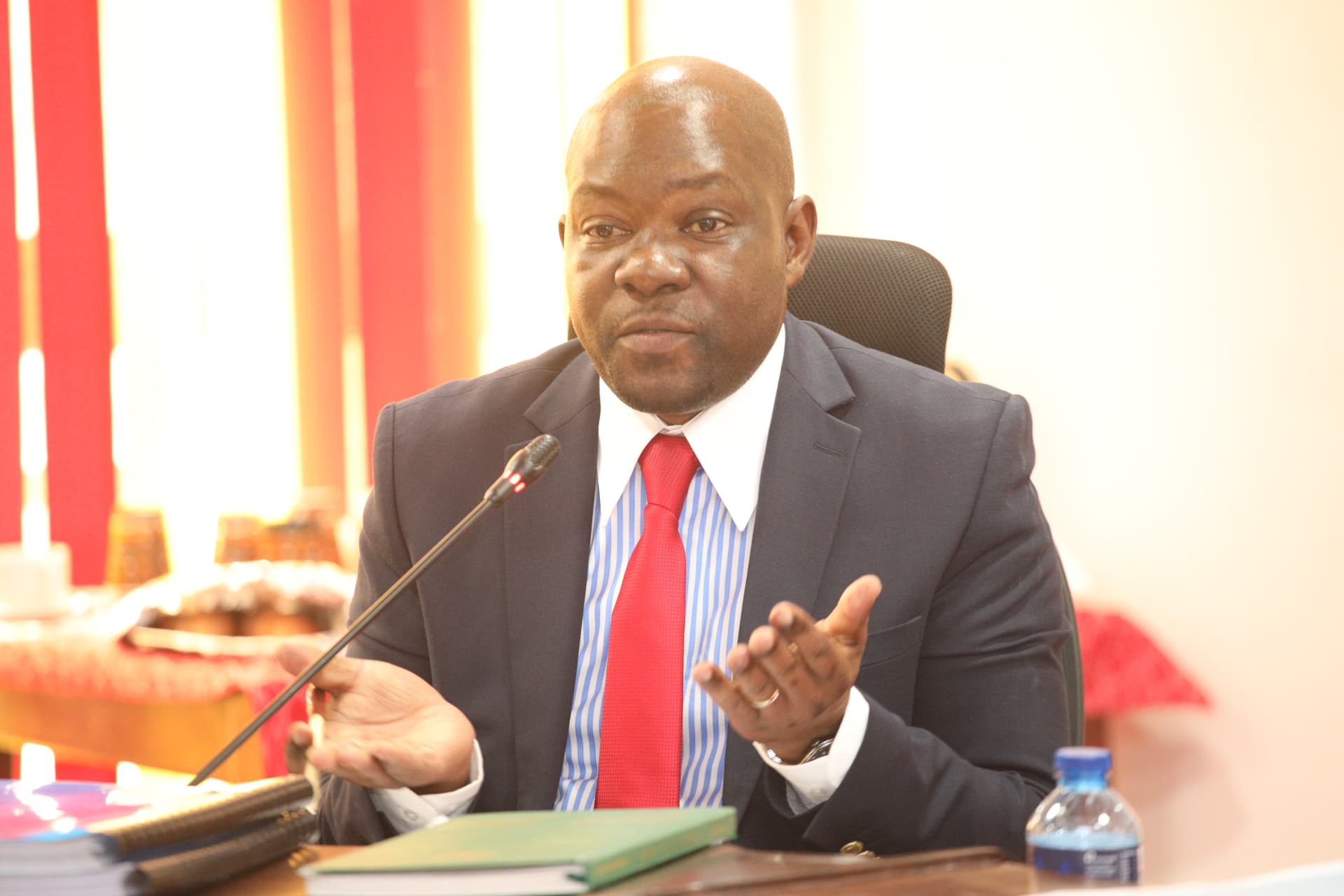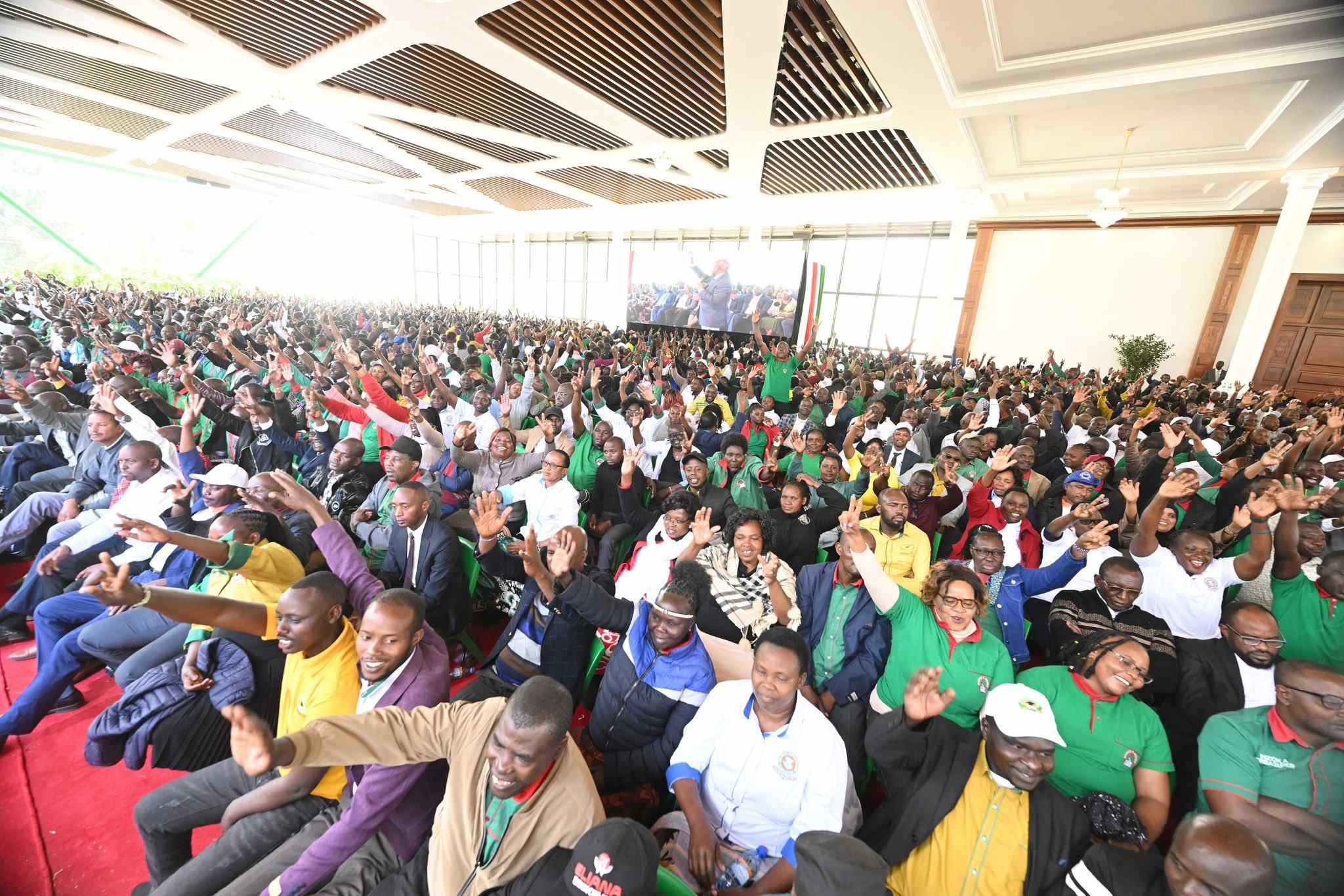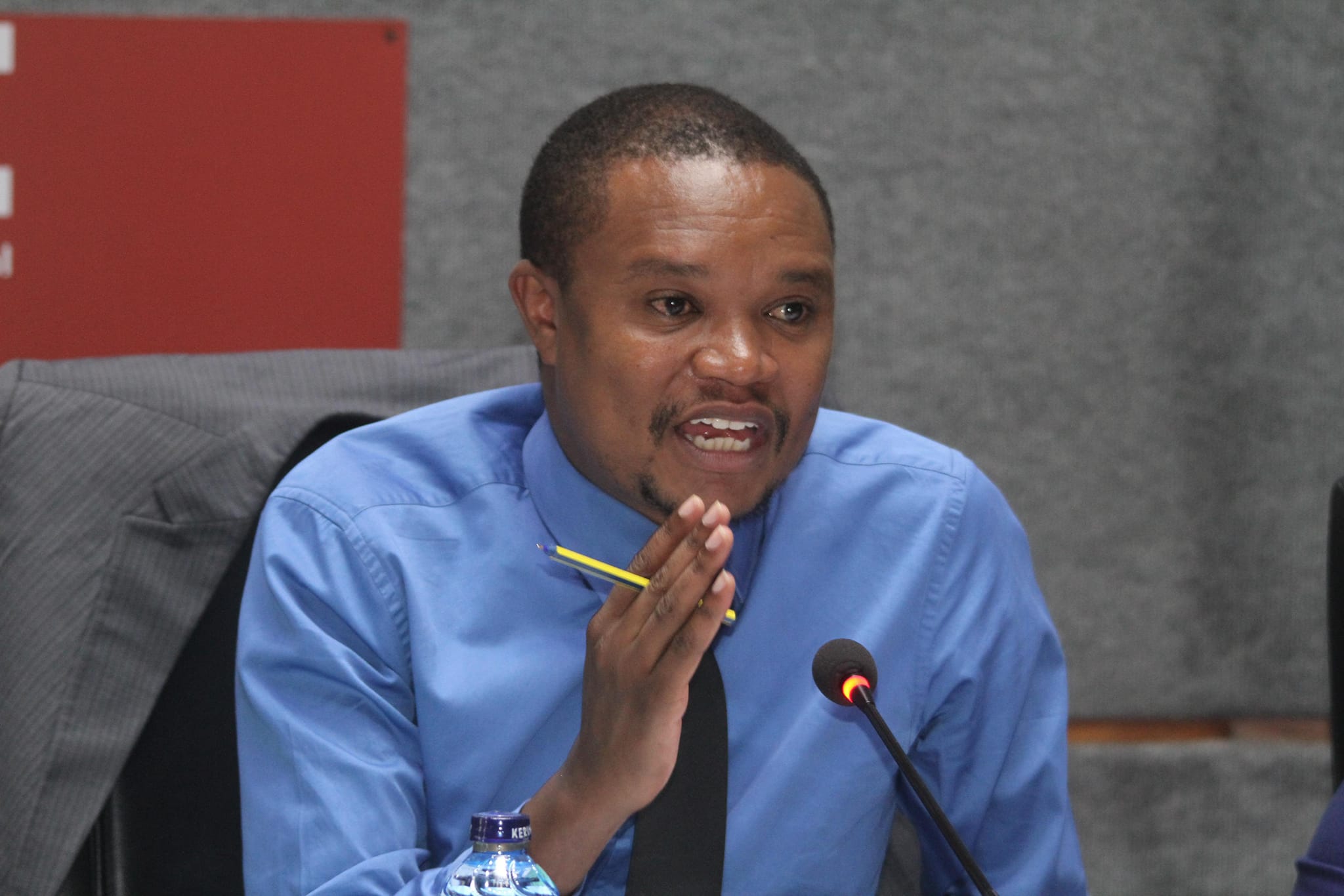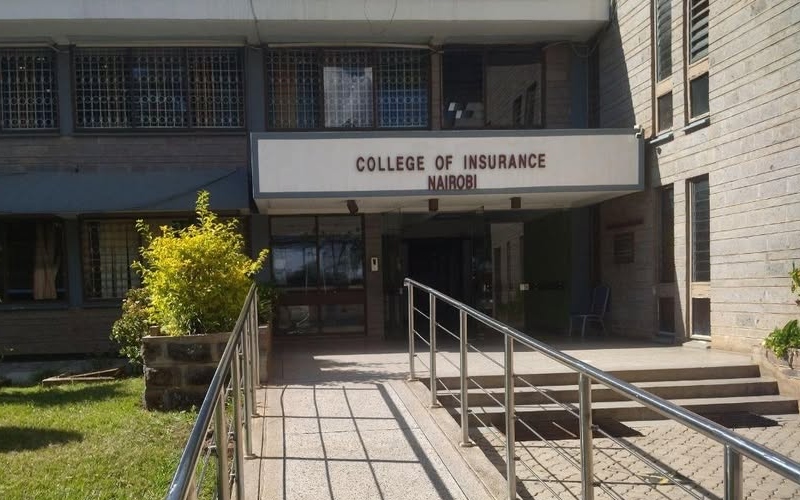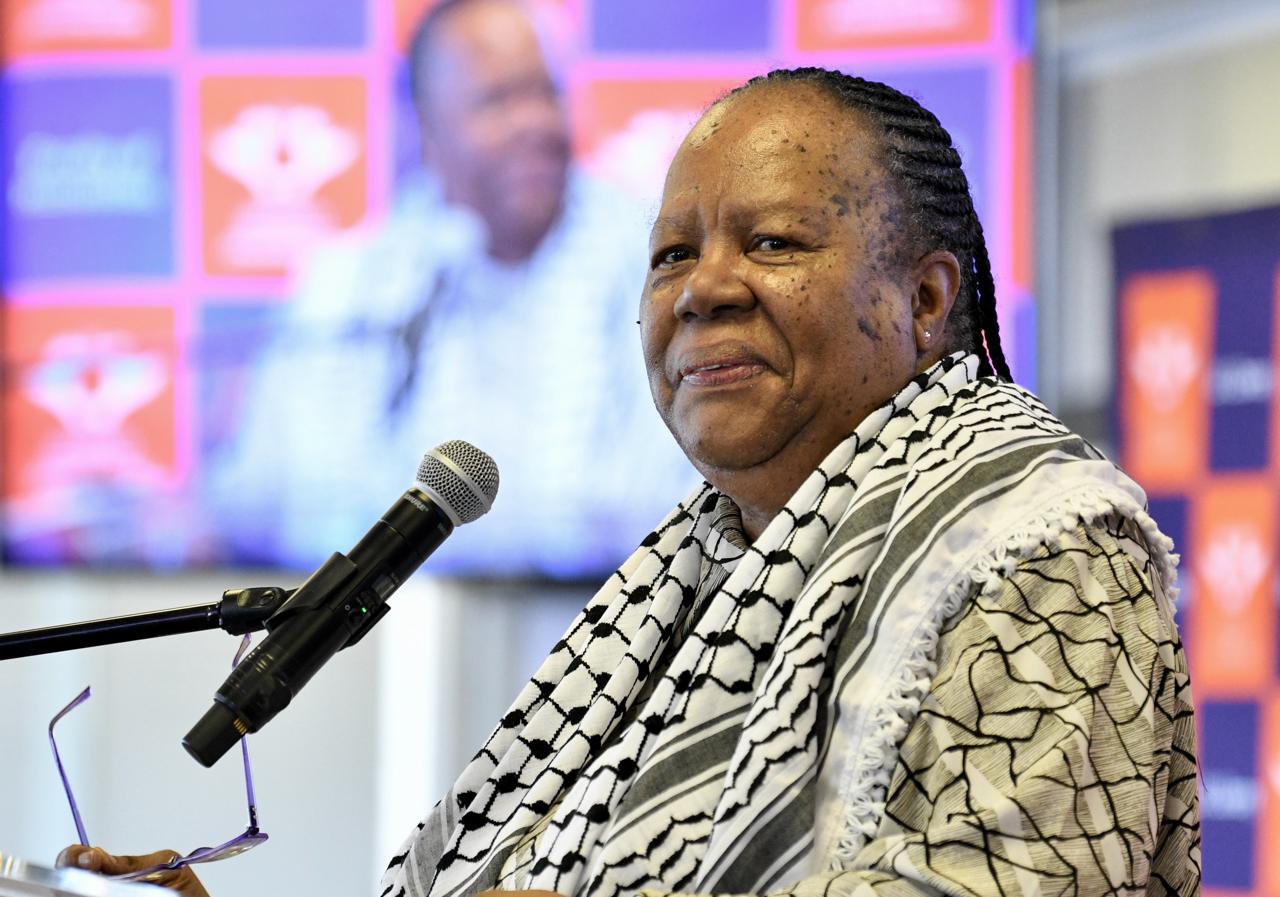UN urges end to El-Fasher siege as violence escalates in Sudan’s Darfur
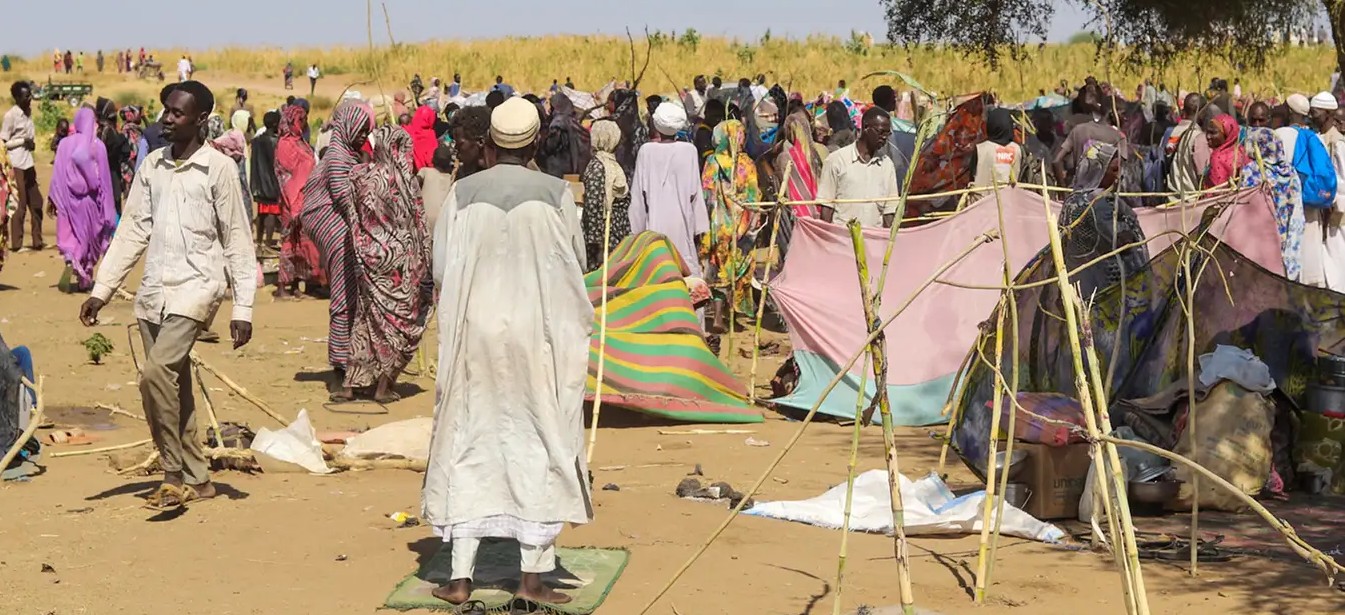
Speaking in Brussels, Sudan’s Ambassador to the EU, Aldelbagi Kabeir, criticised the international response, describing an EU statement on the conflict as “way below our expectations.”
UN Secretary-General António Guterres has called for an immediate halt to the escalating violence in Sudan, following reports that 460 people were shot dead in a maternity hospital by paramilitary forces—a massacre condemned by the World Health Organisation.
In a statement on Thursday, Guterres said he was “gravely concerned by the recent military escalation in El-Fasher,” urging “an immediate end to the siege and hostilities.”
More To Read
- Trump to focus on ending Sudan civil war
- IGAD leads new push for Peace in Sudan as regional and global partners back three-step plan
- Egypt rejects any attempts to divide Sudan: FM
- UN aid office pushes for ‘unhindered’ humanitarian access in Sudan
- ICC prosecutors seeks life sentence for Janjaweed commander Ali Kushayb over Darfur atrocities
- Sudan's army chief says "no truce" with paramilitary forces
El-Fasher, long the last major stronghold of Sudanese government forces in Darfur, fell to the Rapid Support Forces (RSF) militia after an 18-month siege amid the ongoing civil war.
The RSF traces its roots to the Janjaweed militia, notorious for committing atrocities against non-Arab communities in Darfur two decades ago. Observers now allege that the group is carrying out ethnic cleansing against the Fur and Zaghawa peoples.
The RSF currently controls most of western Sudan, while the national army holds much of the north and east. Although the army regained full control of the capital, Khartoum, in March, the RSF has established a parallel administration in the southwestern city of Nyala, leaving the country effectively divided.
‘No public pressure’ on RSF or its backers, analyst warns
Kholood Khair, founding director of the Nairobi-based think tank Confluence Advisory, told DW that it remains difficult to verify events on the ground in el-Fasher due to a persistent telecommunications blackout.
The only available information, she said, comes from “either the videos that the RSF themselves are taking of their war crimes and atrocities” or satellite observations from institutions such as the Yale Observatory.
Khair dismissed RSF leader Mohamed Hamdan Dagalo’s promise to investigate abuses by his forces, saying it was “just talk,” as the group had been “living within and relying on a culture of global and national impunity that has allowed them to attack and kill the people of Sudan without any accountability whatsoever.”
Commenting on the muted international reaction to the escalating violence, Khair lamented that “the people of Darfur are effectively alone,” with few public calls for accountability and “no public pressure” on those arming the RSF.
She accused the United Arab Emirates of being “the main weapon supply of the RSF,” adding that “a lot of the statements that are being released ... are not naming the United Arab Emirates and not naming the types of violence that we’re seeing: atrocities, genocidal violence. And that is a huge problem in terms of confronting the kind of violence that we’re seeing and hopefully putting a stop to it.”
Response 'below our expectations'
Speaking in Brussels, Sudan’s Ambassador to the EU, Aldelbagi Kabeir, also criticised the international response, describing an EU statement on the conflict as “way below our expectations.”
He urged the EU to “bring pressure to bear on the regional and international sponsors of the militias,” enforce the 2004 UN arms embargo on Darfur, pursue “international justice to end the impunity,” and formally designate the RSF as a terrorist organisation.
Meanwhile, the UN Security Council session on Darfur, originally scheduled for early November, was brought forward to Thursday at the request of the UK, Denmark, Algeria, Sierra Leone, Somalia, and Guyana—the Council’s African rotating members.
UN Under-Secretary-General for Humanitarian Affairs Tom Fletcher was expected to brief the Council during both an open session and closed-door consultations, according to UN sources.
Top Stories Today

